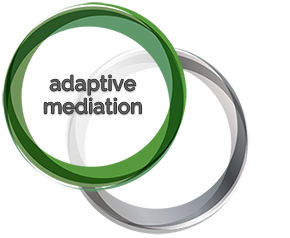
Apology plays a huge role in dispute resolution. They work because they have transformative power – to bring peace, revive trust & commitment to change. They meet needs – respect, reassurance of shared values & the receiver witnesses the giver feeling discomfort.
We’ve all experienced giving and receiving apologies and know how they can reduce anger, prevent conflict from escalating, and help reconcilation of differences, all of which benefit relationships.
But they are complex and complicated.
What is a ‘good’ apology and what is a ‘bad’ one?
A proper, genuine apology must be timely, acknowledge the distress/injury cause and have some remedy. The 7 Rs make an ideal apology:
- Recognition
- Responsibility
- Remorse
- Reason
- Remedy
- Reassurance
- Request
Sometimes, we can’t find the right words or our words are ambiguous, or we feel both sides are responsible, or we might be afraid of legal ramifications – there is legislation that renders them inadmissible, and if given on a without prejudice basis, they can lack sincerity.
As mediators, we need to discuss how apology might impact resolution. Is one expected? Should a party offer one? How might it be received? What kind? How should it be expressed? Is it sincere? Is it required for forgiveness? Should it be reciprocal? How?
Perhaps the most important elements are the type and timing. Polite, premature and psuedo (partial) apologies rarely work. Sympathetic ones mostly do. Moral and formal/public apologies can been acceptable but their form sometime lacks sincerity. What a dilemma.
This simple, necessary and common part of society, essential for human collaboration, is truely paradoxical. We can help you work through the complexity.

0 Comments